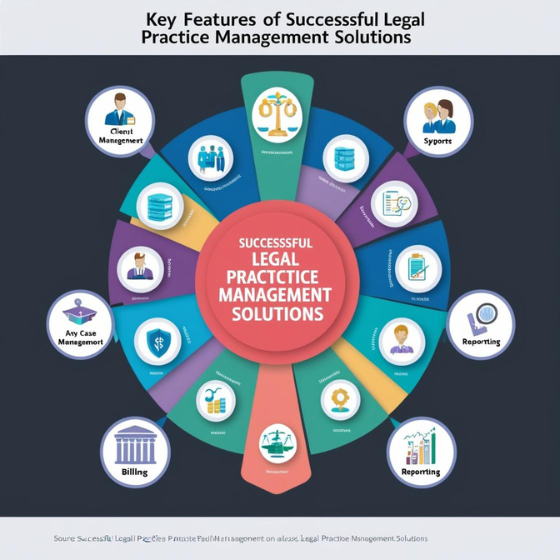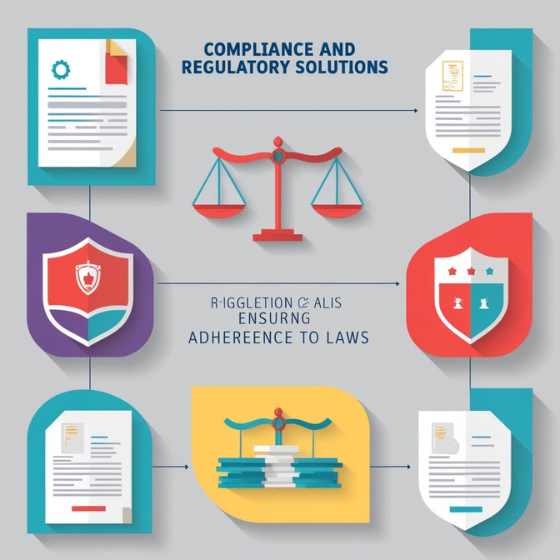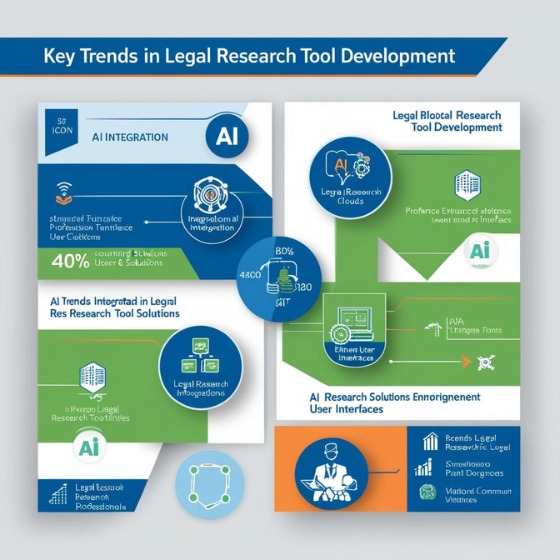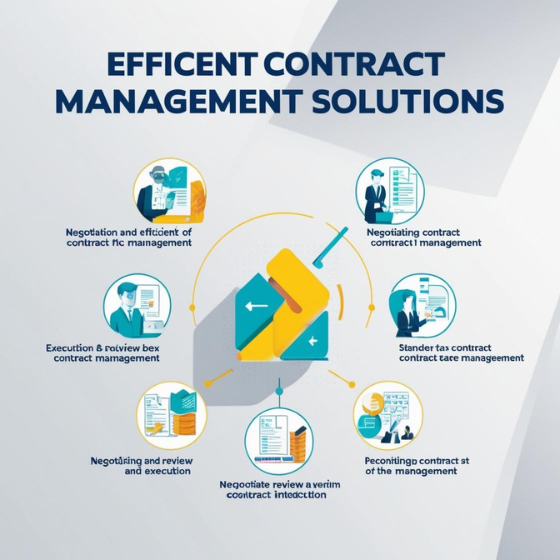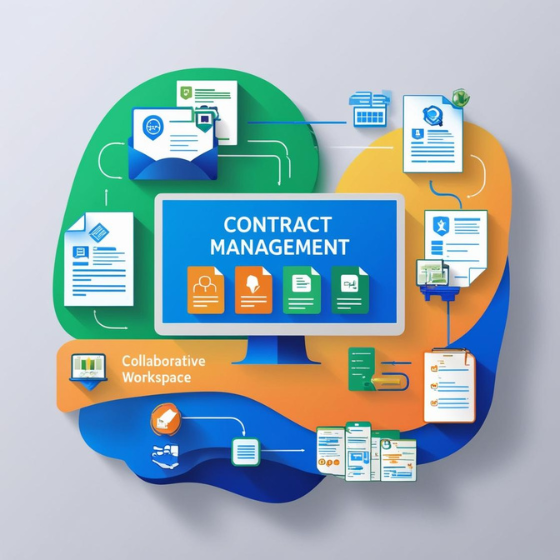Key Features of Successful Legal Practice Management Solutions
In today’s fast-paced legal world, law firms are turning to technology to streamline their operations and improve client satisfaction. Legal practice management solutions have become essential tools for firms looking to enhance productivity and reduce administrative overhead. These systems combine various functions, from case management to billing and document organization, all within one platform.
This blog explores the key features that make legal practice management solutions successful. Whether you run a solo practice or a large firm, understanding these features will help you select the right tools to optimize your workflow and better serve your clients.
What Makes a Legal Practice Management Solution Effective?
A good legal practice management solution does more than store client data. It helps law firms manage all their operations—from case management to billing, communication, and compliance—efficiently. Below are the core features that every law firm should consider when evaluating a solution.
1. Case and Matter Management
Effective case and matter management is essential. This feature allows firms to track, manage, and organize all aspects of their cases in one system.
- Centralized Case Files: Store all client and case information in a single location for easy access.
- Task Management: Assign tasks to team members and monitor progress.
- Deadline Tracking: Built-in reminders help law firms avoid missed deadlines.
By centralizing case information, teams can work more efficiently and collaborate better. This ensures that nothing slips through the cracks, reducing costly mistakes.
2. Time Tracking and Billing Integration
Accurate billing is crucial for any law firm. Legal practice management solutions should have time-tracking and billing features that automate many of these processes.
- Automated Time Tracking: Lawyers can log billable hours easily with integrated timers.
- Custom Billing Rates: The system should allow firms to set different billing rates based on the type of work or the lawyer’s role.
- Client Billing: Simplified invoicing and payment systems ensure timely, accurate billing.
By automating these processes, law firms reduce the time spent on administrative tasks and improve cash flow. This allows them to focus more on delivering excellent legal services.
3. Document Management and Collaboration Tools
Managing documents efficiently is a key part of any legal firm’s operations. Legal practice management solutions should offer robust document management features to help firms stay organized and collaborate securely.
- Document Storage and Organization: Store all important files in an organized manner.
- Version Control: Track document changes and revisions to prevent confusion.
- Secure Sharing and Collaboration: Share documents securely with clients and colleagues while maintaining confidentiality.
By using a comprehensive document management system, firms can improve productivity and ensure that all legal files are accessible and secure.
4. Client Relationship Management (CRM)
A strong client relationship is key to success in law. Many legal practice management solutions come with CRM functionality to help firms improve client engagement and satisfaction.
- Contact Management: Track interactions with clients, including meetings, calls, and emails.
- Client Portal: Secure online portals allow clients to access case updates and communicate with their legal team.
- Communication Logs: Automatically log client communications to ensure nothing is missed.
An integrated CRM system helps law firms stay on top of client needs and maintain strong, lasting relationships.
5. Reporting and Analytics
Data is essential for making informed decisions. A solid legal practice management solution includes reporting and analytics tools to help firms track key metrics and evaluate their performance.
- Financial Reports: Track revenue, expenses, and payments to understand your firm’s financial health.
- Productivity Metrics: Measure staff performance and case progress to identify inefficiencies.
- Custom Dashboards: Create dashboards that show important KPIs at a glance.
With the right reporting tools, law firms can optimize operations and make strategic decisions based on real-time data.
The Benefits of Implementing a Legal Practice Management Solution
Adopting a legal practice management solution offers a range of benefits. These solutions save time, reduce costs, and improve client satisfaction.
1. Time and Cost Efficiency
Automating tasks such as time tracking and billing reduces administrative burden. This not only saves time but also ensures accurate billing. Law firms can now focus more on serving clients rather than managing paperwork.
2. Enhanced Client Service
With a centralized system, firms can respond to client inquiries faster. Client portals allow clients to stay updated on their case, improving their overall experience and satisfaction. This results in better client retention.
3. Improved Security and Compliance
Data protection is critical in the legal industry. A reliable legal practice management solution ensures that client data is stored securely with encryption. It also helps law firms comply with regulations by keeping detailed records of all actions taken within the system.
Choosing the Right Legal Practice Management Solution
When selecting a legal practice management solution, it’s essential to consider your firm’s unique needs. Here are some tips to help you choose the best tool for your practice:
- Assess Your Firm’s Needs: Identify the must-have features, like case management, time tracking, billing, and document management.
- Look for Integration Options: Ensure the system integrates seamlessly with your existing tools, such as accounting software or email platforms.
- Scalability: Choose a solution that can grow with your firm as it expands.
By taking these factors into account, you can find a solution that aligns with your firm’s specific requirements.
Conclusion: Embrace the Future of Legal Practice Management
Implementing a legal practice management solution is a game-changer for law firms. It enables firms to streamline operations, improve client satisfaction, and make better business decisions. With features like case management, time tracking, CRM tools, and analytics, the right solution can significantly enhance your firm’s productivity.
Are you ready to improve your firm’s operations and client experience? Contact Sodio today to learn more about our legal practice management solutions. Let us help you take your firm to the next level.
